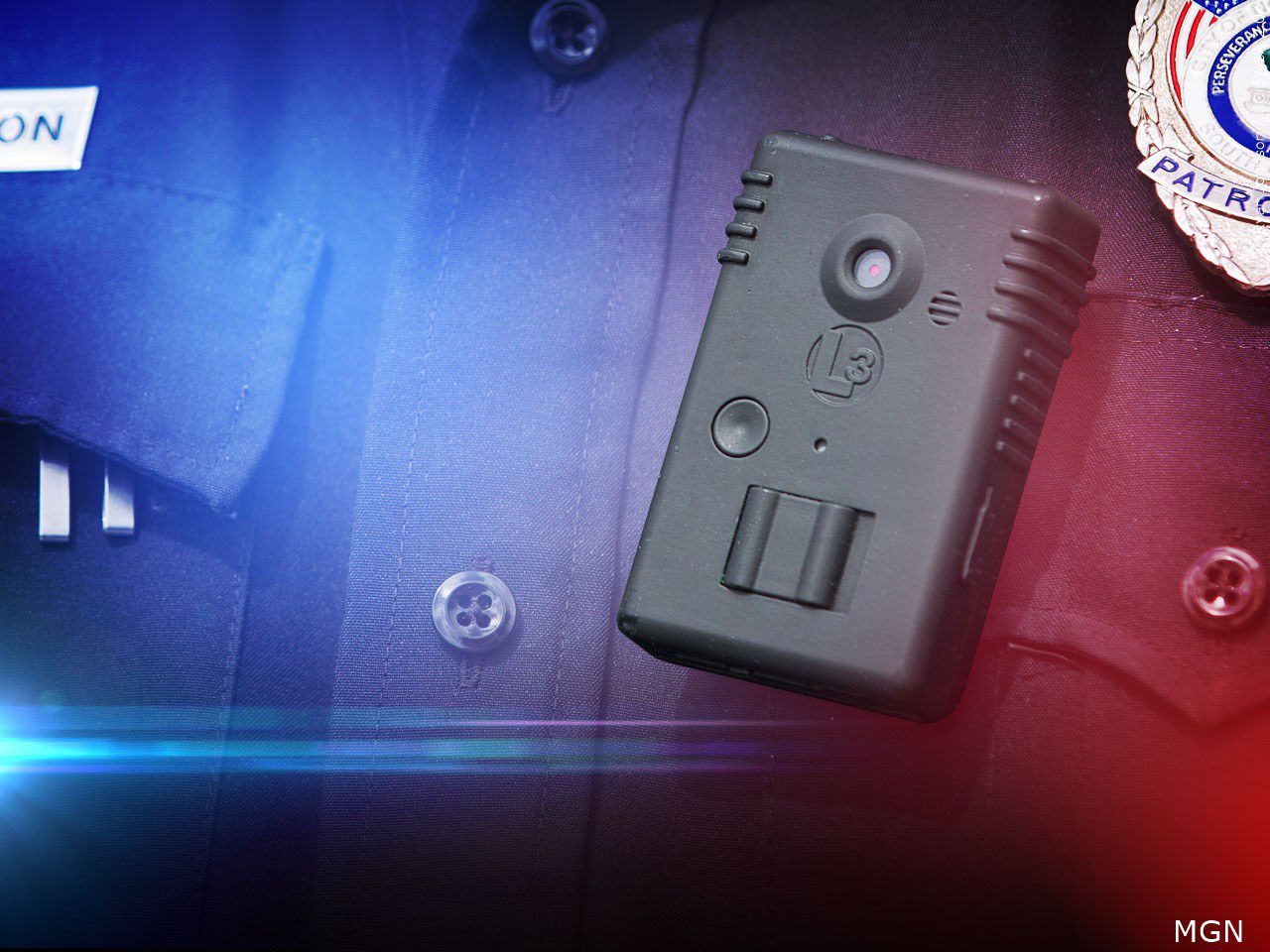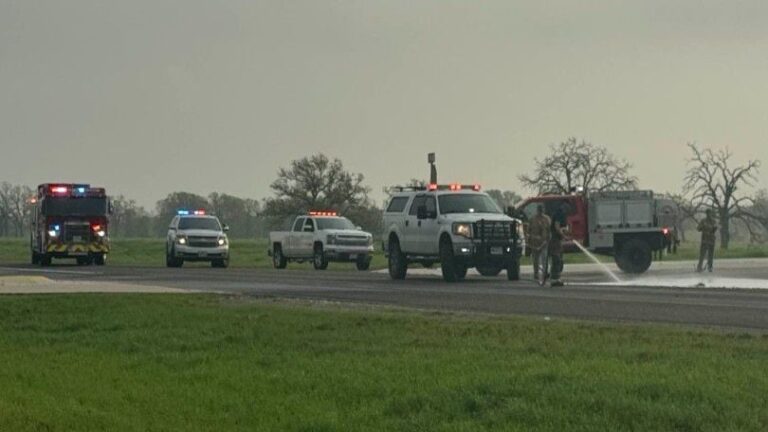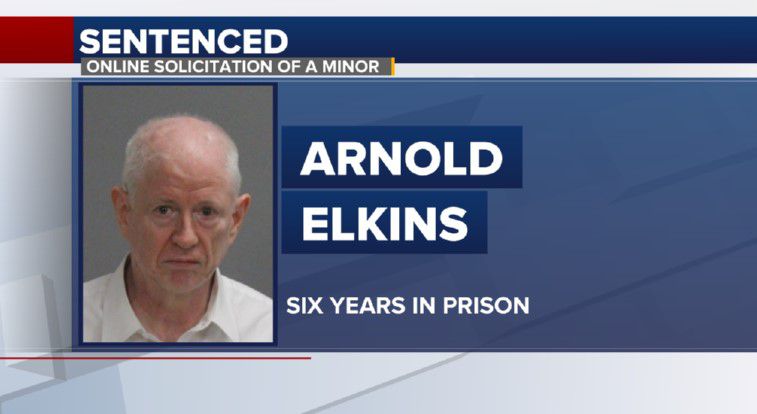Analyzing College Station’s body camera policy: What it means for transparency
COLLEGE STATION, Texas (KBTX) -The City of College Station and its police department are currently under scrutiny for their policy of not releasing body camera footage following deadly incidents. This has prompted a growing demand for transparency, particularly after a 22-year-old individual lost their life during a police drug investigation, leading to questions about the events leading up to the fatal shooting.
Law enforcement agencies nationwide view body-worn camera footage as a valuable tool for gathering evidence and demonstrating transparency to the public. Many agencies release such footage within hours or days of a deadly incident.
According to a study published by the National Institute of Justice last year, 47% of general-purpose law enforcement agencies had adopted body-worn cameras, and this number rose to 80% for large police departments. Among those agencies with body-worn cameras, 60% of local police departments and 49% of sheriff’s offices had fully deployed this technology.
Mitchel Roth, a professor of criminal justice and criminology at Sam Houston State University, emphasized that the goal is to not only clear the police officer’s actions but also provide transparency regarding the circumstances leading to the incident.
“You’re trying to clear two people; you’re not just clearing the police officer who perhaps or perhaps did not make a big mistake and the person who was killed who you know perhaps was not doing anything wrong,” said Roth.
Roth says several high-profile cases across the country have driven many police departments to proactively embrace transparency by releasing footage within hours or days of incidents involving officers.
“ This told police that if they wanted to keep the trust of their constituents, they needed to be transparent at every stage of the investigation including the release of any body-worn camera,” Roth added.
However, College Station Police have refused to release footage from the incident in which Hopkins was killed. Hopkins, a Blinn College Station student, lost his life during a police investigation. While the involved officer was cleared by a grand jury and the Texas Rangers, questions persist about the events preceding the shooting, including the entry into the home and how police identified themselves.
Following allegations by the Hopkins family and their attorneys, accusing the city of withholding information and editing footage, requests were made for the city to share its body camera policy and answer questions regarding it. The city responded with the following:
1. What are your opinions regarding the current policy?
Our policy protects the privacy of everyone involved while providing transparency through established legal processes and with the involved parties.
2. When was the last time this policy underwent review?
Our policies are continuously evaluated and reviewed.
3. Do you believe initiating a discussion about reevaluating or modifying the policy is necessary?
Not at this time.
4. Some other cities have implemented citizen review boards to assess use-of-force and body camera policies. Has the city ever explored establishing such a board or commission?
Officer-involved shootings are independently reviewed by the Texas Rangers, the Brazos County district attorney, and Brazos County grand juries consisting of a cross-section of Brazos County citizens.
At the time of the incident, KBTX requested a closed viewing on a portion of the body camera video that runs from the start of the service of the warrant on Spring Loop through to when Mark Hopkins fired his weapon
The complete policy released by the city on Tuesday is below.
CSPD CH 62 Audio and Video Recording 46881522 by KBTX on Scribd
(function() { var scribd = document.createElement(“script”); scribd.type = “text/javascript”; scribd.async = true; scribd.src = “https://www.scribd.com/javascripts/embed_code/inject.js”; var s = document.getElementsByTagName(“script”)[0]; s.parentNode.insertBefore(scribd, s); })();
Roth concluded by emphasizing that while the legal system may clear an officer, it’s equally essential to consider whether the public perceives the officer’s actions as justifiable.
“The system might have cleared the officer but I think you have to look at the more important level did it clear the officer in the court of public opinion and I think that counts more than you know all of the people in the institutions that are supporting the actions of the officer,” said Roth.
The city of College Station’s footage retention policy is below.
CSPD Digital Evidence SOP – Version 2.1 by KBTX on Scribd
(function() { var scribd = document.createElement(“script”); scribd.type = “text/javascript”; scribd.async = true; scribd.src = “https://www.scribd.com/javascripts/embed_code/inject.js”; var s = document.getElementsByTagName(“script”)[0]; s.parentNode.insertBefore(scribd, s); })();







